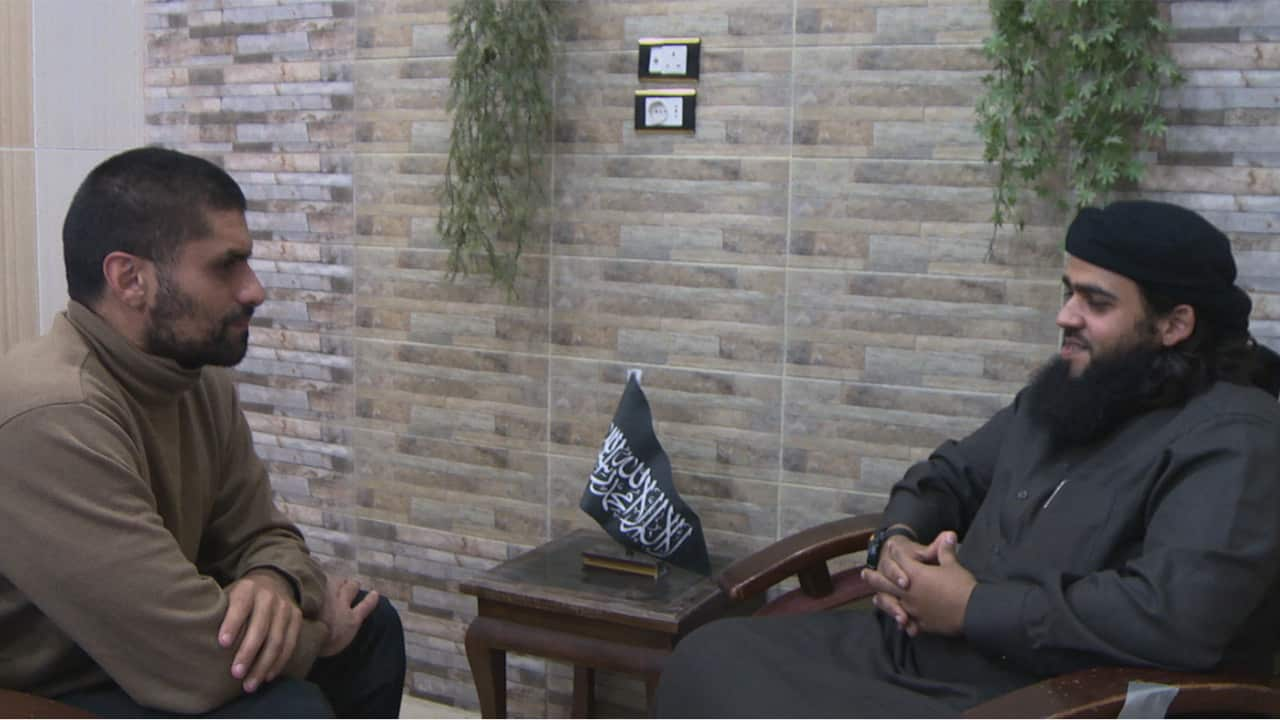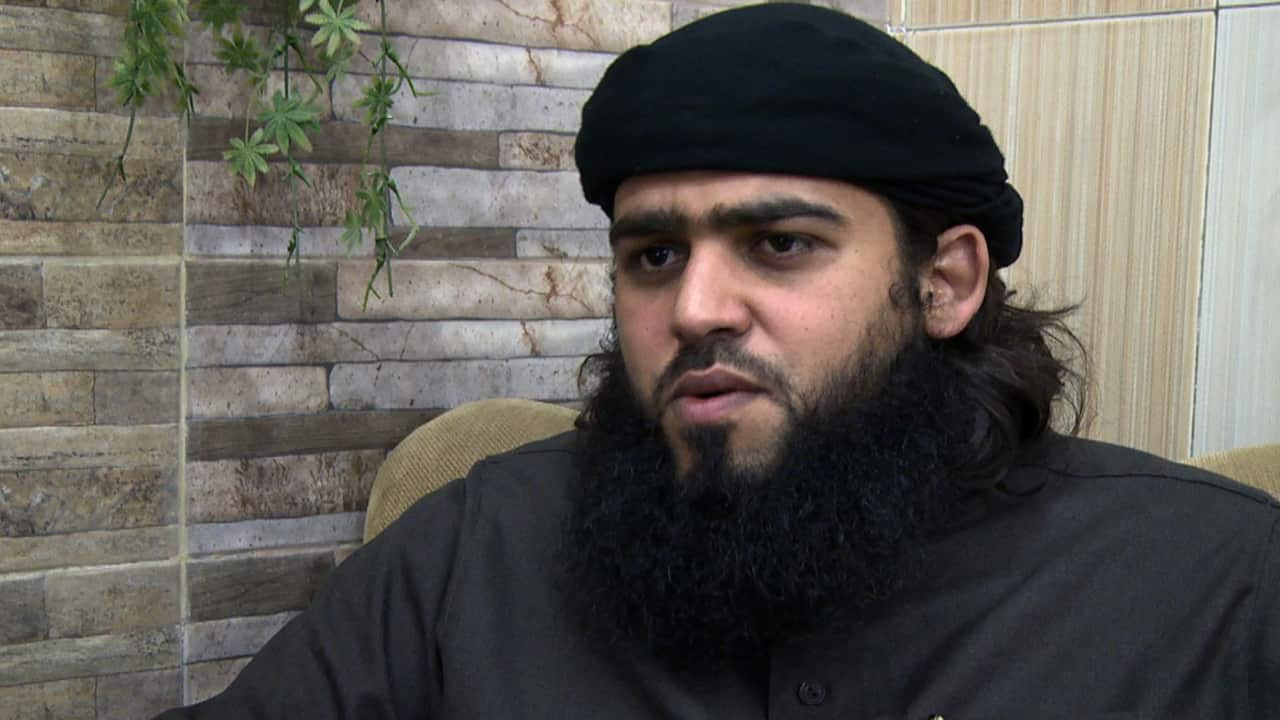In May 2014, I met a group of foreign fighters in northern Syria who introduced me to members of Jabhat al-Nusra, the local al-Qaeda franchise. I immediately began to negotiate access to film with them. Nusra is one of the most powerful, and certainly the most secretive rebel group in Syria. It shares its roots with IS.
Key members of both groups fought in the brutal Iraqi insurgency of the 2000s, and IS and Nusra were initially close allies, fighting under the al-Qaeda banner. But then in mid-2013, a violent conflict over territory and ideology erupted between the two groups.
This local dispute has huge implications for global security, with different jihadist groups around the world pledging allegiance either to al-Qaeda or IS. The footage I shot with Nusra provides a fascinating insight into al-Qaeda's vision for the future of Syria, and its strategy for beating IS in the battle for hearts and minds in the region and beyond.
IS's spectacular military victories and its declaration of a caliphate drew thousands of defectors from other groups. But while the media has focused on the territory IS holds in the east, al-Nusra and its allies have quietly been building their own Islamic State in north west Syria.

Negotiations to film took several months, but finally, the group's leader, Abu Muhammed al-Jowlani, sanctioned an interview with one of their senior officials, Abu Sulayman Muhajir.
An Australian of Egytian descent, he is a high-ranking member of Nusra's Sharia council, and served as a mediator between al-Qaeda and IS when the two groups split.
He eventually sided with Nusra - releasing videos on jihadi internet forums in which he publicly accuses IS leader, Abu Bakr al-Baghdadi, of breaking a sacred oath to al-Qaeda's head, Ayman al-Zawahiri.
Some analysts believe that Jabhat al-Nusra and IS are essentially the same, but my experience on the ground, and my conversations with Nusra members, from foot soldiers to those in leadership positions, convinced me that there are profound differences between them.
Both IS and Nusra subscribe to a fundamental version of Islamic law, but it is in the interpretation and implementation that they vary.
Abu Sulayman told me that contrary to IS, which has declared itself the only legitimate Islamic authority, Nusra sees itself as part of a wider movement that works with other Islamic groups.
He said that Nusra regard IS as a criminal group that has gone astray from Islamic law, and that they would only reconcile with them if they repented and accepted judgement in an independent Islamic court.
For example, Abu Sulayman criticises IS's killing of western aid workers, calling such acts crimes under Sharia.
Nusra is fighting the Assad regime in Syria, but at the same time Abu Sulayman told me that they are fighting for an Islamic revival in the Middle East, with the ultimate goal of establishing their own caliphate.
And as a branch of al-Qaeda, he confirmed that they see the US and its allies meddling in the Muslim world as an obstacle to their goals, and are therefore a part of the wider conflict with the West.

"Their choice is simple," he told me. "Leave our lands, stop interfering in our affairs or face perpetual war."
When the US began targeting IS with air strikes in September 2014 they also hit Nusra units. The US denied attacking Jabhat al-Nusra, however, claiming they had only hit the so-called Khorasan Group - an al-Qaeda cell which the White House alleged was dedicated to planning attacks on US soil.
Abu Sulayman refused to comment on this, however, citing security reasons.
Whatever the truth about the Khorasan Group, immediately after the strikes, Nusra moved against the last remaining US allies in region - two relatively secular rebel groups which the US has armed and trained, the Syrian Revolutionary Front and Harakat Hazm.
The Syrian Revolutionary Front was quickly defeated and expelled from Syria, and more recently Nusra declared victory over Harakat Hazm, taking over their territory and seizing their US supplied weapons.
It is yet another setback for US strategy in the region. Nusra have further consolidated their hold over north west Syria, and plan to be there for the long-term.
Dateline is an award-winning Australian, international documentary series airing for over 40 years. Each week Dateline scours the globe to bring you a world of daring stories. Read more about Dateline
Have a story or comment? Contact Us


